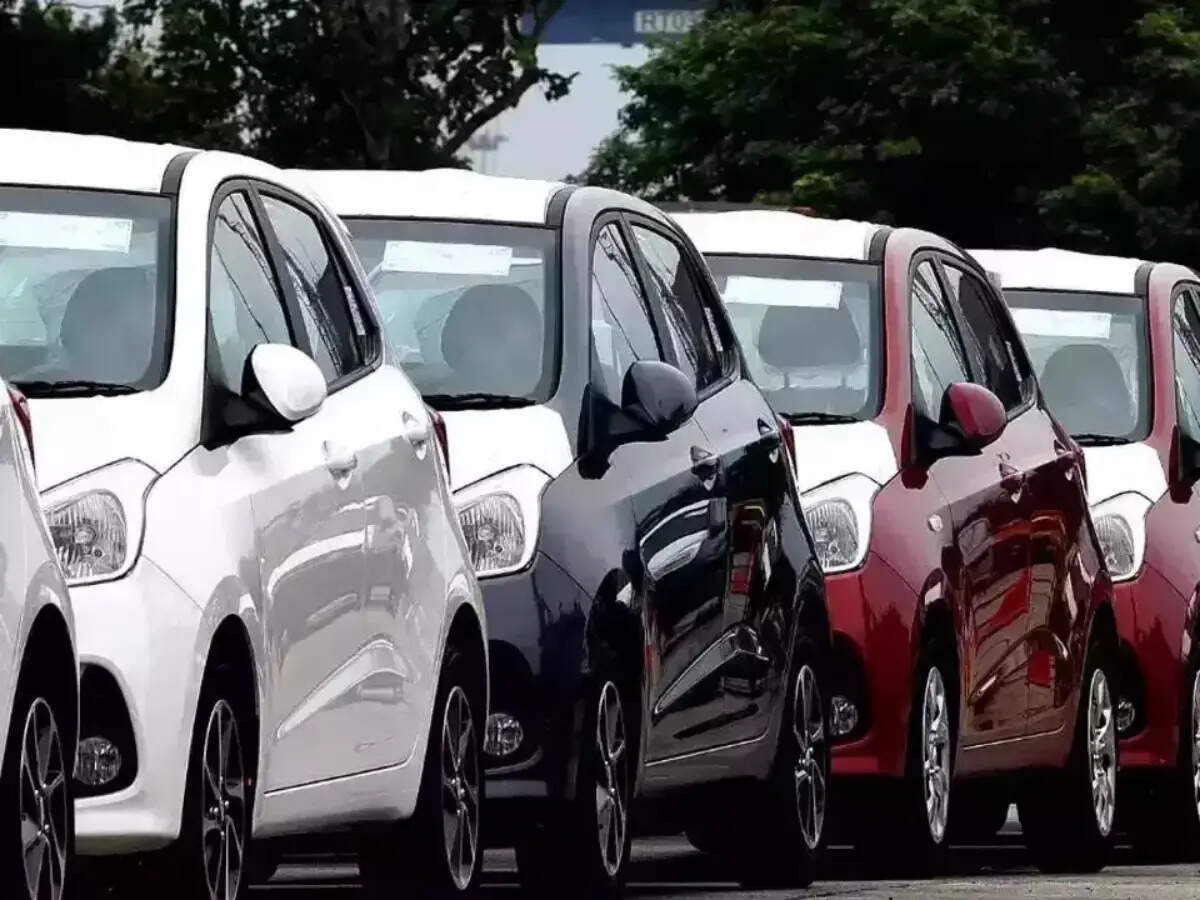Data from the SMMT or The Society of Motor Manufacturers and Traders showed a significant increase in car ownership in 2022. Furthermore, the data also indicated a big jump in the total number of vehicles on UK roads, figures that were last seen in 2019, before the COVID-19 pandemic.
While there was already an increase in vehicle ownership after the height of the pandemic, it wasn’t a dramatic improvement. In 2022, two years after COVID-19 happened; the SMMT highlighted an increase of 0.36%, which is equivalent to 124,393 vehicles. This brought the 2022 vehicle ownership to 35.15 million. After two straight years of abysmal sales, the industry finally has good news.
The total number of vehicles currently on UK roads is a staggering 40,723,974. This includes 4.8 million vans, 72,700 buses, 615,570 trucks, and 35 million cars. Only the number of buses/coaches did not register an increase. According to authorities, UK’s buses have been on the road for at least 15 or more years.
Despite the significant increase, around 94.4% of the vehicles on UK roads are petrol or diesel-powered. It is good to note, however, that the number of battery-powered electric vehicles (EVs) is now at approximately 1.1 million (or one in 32 vehicles).
The number of electric-powered commercial vehicles has also increased, with vans taking the top spot at a 67.3% increase, followed by a 34.9% climb for buses and coaches. Trucks are also on the list, with the number of EVs increasing three times from their 2021 total. However, this figure still represents only one in 600 of the overall fleet total.
SMMT Chief Executive Mike Hawes believes the increase is an important development. He considers it proof that the UK automotive industry is on its way to recovery. He also sees it as a sign that Britain is on track with its zero emissions goal. He also encouraged Britons to make the switch to carbon-free or electric vehicles.
In contrast, the SMMT report also confirms that the problem with EV charging infrastructure remains. At the time the report was published, only one public charger was available for every 36 EVs being driven on UK roads. This is a relevant decrease from 2021’s 31 standard public chargers.
Cars most commonly seen on UK roads
The UK’s primary online source for financial information and advice, ThisIsMoney, also recently came out with a list of the most-owned vehicles on the road nowadays. These are the carmakers that made the list:
- Ford Fiesta – 1,516,160 vehicles in 2022 (unfortunately, production will end in June 2023)
- Ford Focus – 1,090,777 vehicles registered in 2022
- Vauxhall Corsa – 1,064,577 owners
- Volkswagen Golf – 1,020,101 vehicles being driven on UK roads
- Vauxhall Astra – 762,609 vehicles registered at the end of 2022
The Ford Fiesta will reportedly be replaced with an electric vehicle, a crossover that is being built in the carmaker’s Cologne, Germany state-of-the-art manufacturing centre for EVs. The Focus, on the other hand, will be discontinued in 2025 also in favour of electric vehicles.
The Corsa and Astra are manufactured by the oldest surviving vehicle brand in the UK, Vauxhall. Golf, on the other hand, is from Volkswagen, the first carmaker to be involved in the Dieselgate diesel emissions scandal.
What was Dieselgate all about?
The Dieselgate scandal is one of the most controversial issues affecting the global automotive industry. Authorities in the US, including the California Air Resources Board (CARB), alleged that they found defeat devices in vehicles sold by the Volkswagen Group. These illegal devices are used to control emissions on diesel cars and vans. These devices automatically reduce emissions levels to match the legal limits once they sense that a vehicle is under regulatory testing.
However, once the vehicle is out on real roads, they go back to emitting excessive, unlawful levels of nitrogen oxide or NOx, a group of gases that contribute to air pollution and can trigger various health conditions.
In other words, Volkswagen lied to their customers as they marketed Audis and VWs in the US as emissions-compliant vehicles. In reality, the vehicles were highly polluting and violated emissions regulations. They exposed the public to NOx emissions, which have life-threatening impacts such as asthma, COPD or chronic obstructive pulmonary disease, cancer, and cardiovascular illnesses.
Exposure to NOx can also cause depression, anxiety, and dementia due to weakened cognitive health.
The most dangerous impact of NOx emissions, however, is premature death. Thousands, maybe even millions, of early deaths across the world in recent years are linked to air pollution.
Volkswagen and the other carmakers involved in the scandal – including Mercedes-Benz, BMW, Vauxhall, and Renault – should be held responsible for their actions. Authorities believe that affected car owners or drivers have every right to bring these carmakers to court via a diesel claim.
What do I get from my diesel claim?
If you win your diesel claim, you will receive compensation from your carmaker, the amount of which is dependent on the details of your claim. However, since not all diesel vehicles are equipped with defeat devices, you have to verify first if you are qualified to receive compensation. Visit ClaimExperts.co.uk to get all the information you need.
Once your eligibility is verified, get in touch with an emissions expert so you can start working on your emission claim.

